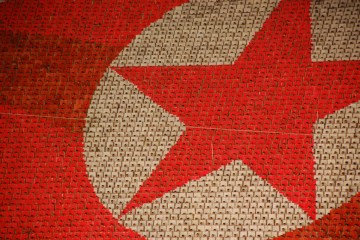
From Area to Area: The Changing Face of Area Studies
North Korean Studies: the focus on the hermit kingdom, its politics, economics, and society; the kingdom that poses a real-life threat to South Korea, and the world order as we know it today; a unique Marxist-Leninist state in the twenty-first century. Why focus on this particular area? More broadly, why devote time, funding, and research to the study of specific “areas” of the world? Surely an increasingly interconnected globe has rendered redundant the concept of a fixed “area”? The field of political geography—including geopolitics—has witnessed lengthy definitional and procedural debates around the field of area studies. North Korean studies—an area study in itself—offers a plethora of avenues for insight into area studies more widely in debates on how “best” to …
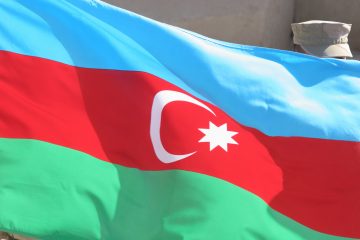
Why The Russia-Azerbaijan Alliance Is Weaker Than It Looks
On August 8, 2016, Russian President Vladimir Putin and Azerbaijani President Ilham Aliyev met in Baku. Shortly after their meeting, Putin announced Russia’s intention to forge a strategic partnership with Azerbaijan. Putin also expressed interest in expanding Russia-Azerbaijan trade links and strengthening Moscow-Baku military cooperation in the Caspian Sea region. As Russia has increased its arms exports to Azerbaijan in recent years, many analysts believe that the Putin-Aliyev summit is a starting point for a consolidated Moscow-Baku alliance. This assessment overestimates the strength of the Russia-Azerbaijan partnership. There is compelling evidence that the much-touted “alliance” between Russia and Azerbaijan is merely a temporary marriage of convenience aimed at maximizing both countries’ geopolitical influence. Even though Azerbaijan has recently upgraded its economic …
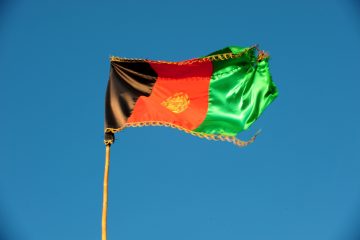
New Challenges – Is the Taliban in Transition?
On 21st May, an American airstrike killed Taliban leader Mullah Akhtar Mansour in the Pakistani province of Baluchistan. This operation, which involved multiple drones, comes as a relief to many, as Mansour had been actively planning and carrying out attacks across Afghanistan. According to the US Secretary of State John Kerry, Mansour ‘posed a continuing imminent threat to US personnel in Afghanistan, Afghan civilians, Afghan security forces, and members of the US and the NATO coalition.’ The killing of the Taliban leader, however, is likely to lead to unwelcome consequences, and will hamper peace talks between the insurgents and the government. The issue of peace talks has always been unpopular among the Taliban’s most senior leadership. In the wake of Mansour’s …
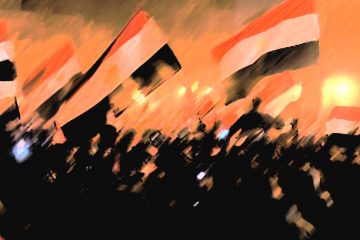
Contested Constitutions: A Microcosm of post-Arab Spring Divisions
Five years after Mohamed Bouazizi’s self-immolation in Sidi Bouzid, Tunisia ignited the Arab Spring. Yet while it inspired hope for democratic transition across the Middle East and North Africa, the region continues to be embroiled in civil war, terrorist networks, and crises of political legitimacy. In Syria and Bahrain, dictators used violence to thwart protests, leading to a prolonged civil war in Syria. In Yemen, despite the dictator’s negotiated transfer of power, rival sectarians are vying for power. In Tunisia and Egypt, dictators stepped down without much bloodshed. Lastly, in Libya, rebels overthrew the dictator with foreign military aid, but soon succumbed to factional warfare. This article will explore the interlude of democratic or semi-democratic politics in Tunisia, Egypt and …
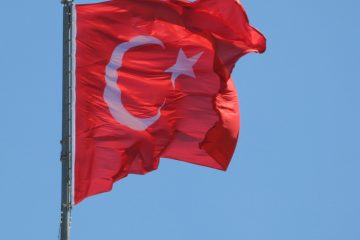
Coup attempt and terror bombings demonstrate Turkish lives don’t matter to Erdoğan and the AKP
Last week’s coup attempt by military forces in Turkey — the military’s first overt attempt to take power since 1980 — came as a great shock to the international community. At least 290 people were killed and 1,440 wounded. The coup also spurred a dramatic wave of purges; less than 24 hours after the turmoil began, 2,839 army members and a member of the constitutional court were arrested, while 2,745 judges and five members of the Supreme Board of Judges and Prosecutors were removed from their posts. The purges only intensified thereafter; within a week, about 60,000 soldiers, police, judges, civil servants and teachers found themselves detained, suspended or under investigation. The government’s rhetoric and consistent inaction, contextualized within its wider response to the …
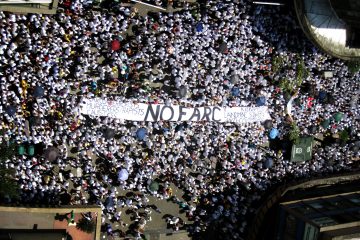
What will the peace process mean for Colombia’s border regions? The government will have to start governing.
The “how” and the “when” of Colombia’s latest peace breakthrough are of course important — but so is the “where” and “with whom.” On June 23, the Colombian government and the Revolutionary Armed Forces of Colombia-People’s Army (FARC) signed a bilateral ceasefire agreement, after more than five decades of armed conflict. For Colombia’s peace process to succeed, it will need to break the cycle of conflict, organized crime and state neglect in Colombia’s border regions. The agreement stipulates that the FARC lay down its weapons within 180 days of a final peace deal, which has a July target date. The disarmament will take place in 23 specific “normalization zones” and eight camps, all of which cease to exist after these 180 days. The …
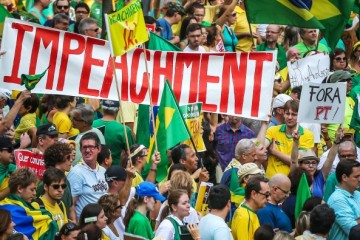
Brazil’s delicate foundations are falling apart like a house of cards
A cornered government, a legislative short of legitimacy, a contaminated judiciary and polarised protesters put Brazilian institutional balance to the test. Immoral deals, Machiavellian manoeuvres and outright dishonesty. No wonder comparisons between Brazilian politics and the American TV show House of Cards are tempting and widespread. Even Netflix made the connection to promote the release of its fourth series in Brazil. This clever marketing initiative prompted Maurício Santoro, a political scientist, to joke on Twitter that “Netflix is the only institution enjoying the trust and esteem of Brazilians these days.” But Brazil’s plight is not fiction, and the quip accompanies a concerning realisation. For some time, even in the face of turmoil and economic meltdown, it was possible to believe …
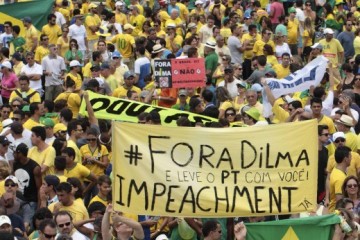
Have the mass media fuelled Brazil’s turmoil?
As any country with a minimally functioning democracy, Brazil has an ambivalent relationship with its mass media. And as in all countries with a minimally functioning market economy, Brazilian mass media have been disrupted by personalised digital platforms. Understanding To two elements, and how they became entangled, is essential if we are to grasp the role of the media in the social turmoil that has engulfed Brazil in the past year or so.
But in spite of their deep flaws, newspapers and broadcasters cannot be blamed for the toxic political environment that has taken over the country.









